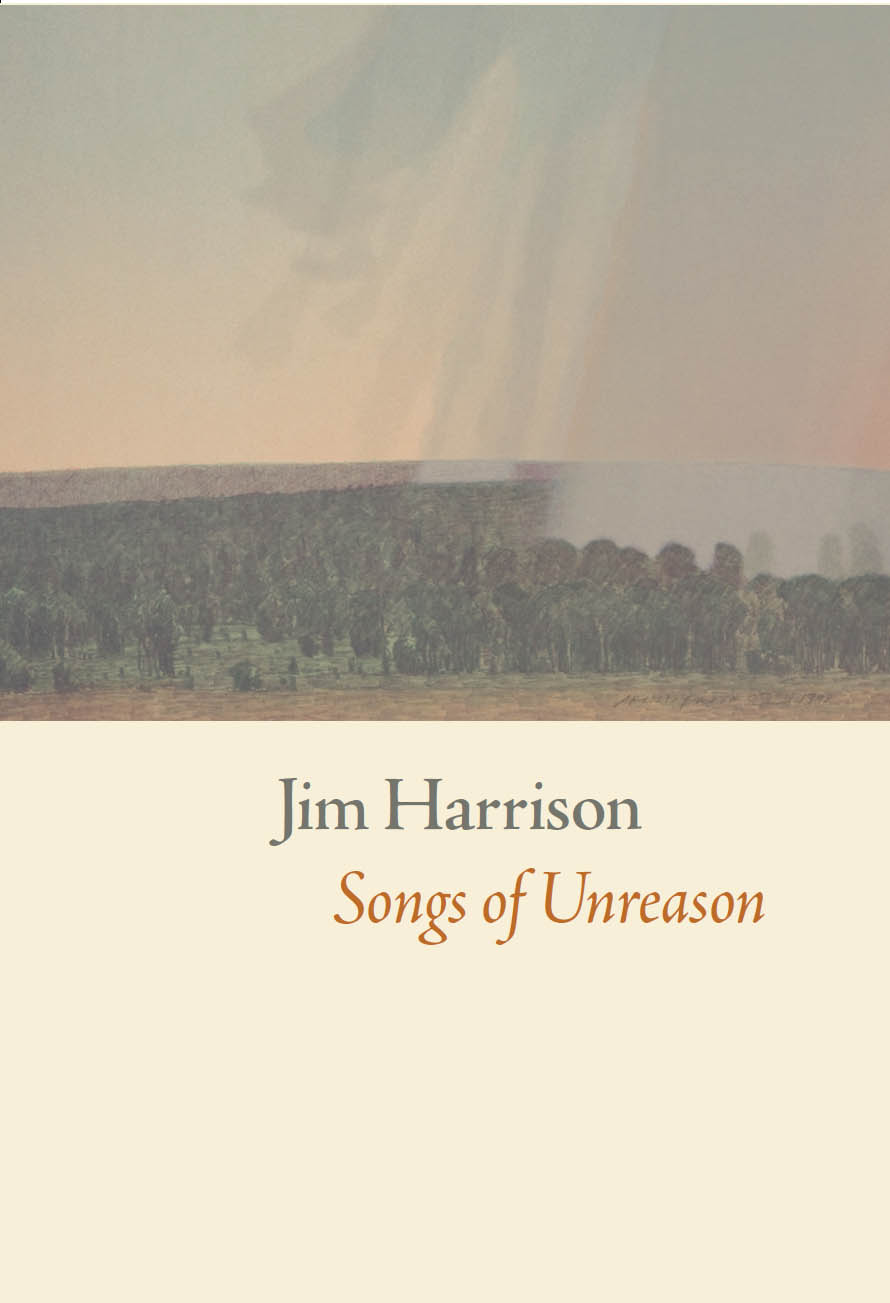
Songs of Unreason
کتاب های مرتبط
- اطلاعات
- نقد و بررسی
- دیدگاه کاربران
نقد و بررسی

October 24, 2011
It wouldn’t be a Harrison collection without the poet, novelist, and food critic’s reverence for rivers, dogs, and women, but that’s not to say Harrison has grown stale or uninteresting in his late poems. Often, as in “A Part of My History,” which finds the poet tracking the ghost of García Lorca through Granada, his poems stun us simply, with the richness of the clarity, detail, and the immediacy of Harrison’s voice. “We visited the site of the murder, drank a little wine,” he writes, “and I stared at the Sierra Nevada/ glistening with snow that was somehow somber as/ the jewelry of the dead.” Pushing his formal boundaries, Harrison closes the collection with the meditative “Suite of Unreason,” a piece that boils down his sharp, epigrammatic lines into a sequence of fist-pumping short poems. But it also wouldn’t be a Harrison poem without the hard melancholy that has come to define his voice. The beauty of Harrison’s suite is that it allows the same voice that tells us “I will sing even with my tongue sliced/ into a fork” to tell us that “the sun forgot to rise/ and for a while no one noticed/ except a few farmers, who shot themselves.”

July 1, 2011
Guggenheim winner Harrison's 30-plus books include many novels (e.g., The Farmer's Daughter), and his poetry illustrates how vital narrative is to all his work. These poems offer a unique worldview along with a keen knowledge of nature ("of late, I/ see waking as another chance at spring") and a mastery of aphorisms ("The beauty of the rattlesnake is in its threat"). Unlike many contemporary poets, Harrison is philosophical, but his philosophy is nature based and idiosyncratic: "Much that you see/ isn't with your eyes./ Throughout the body are eyes." The last section, "Suite of Unreason," provides a provocative 20-page series of vignettes about life, death, childhood, and travel that closely examine our relationships with other beings. The poems occasionally fall short in their needless repetition and reliance on full sentences when phrases would jump-start tension and create more music ("He thinks/ he's as inevitable as a river but doesn't have time/ to keep time"), but Harrison clearly has a probing and unrelenting eye. VERDICT As in all good poetry, Harrison's lines linger to be ruminated upon a third or fourth time, with each new reading revealing more substance and raising more questions. Most readers of contemporary poetry will enjoy this work.--Doris Lynch, Monroe Cty. P.L., IN
Copyright 2011 Library Journal, LLC Used with permission.

October 15, 2011
Harrison lives a rich writing life, creating fiction of diverse perspectives and plots (The Farmer's Daughter, 2010) while turning to poetry to articulate sensuous experience, preserve memories, and express awe for life and frustration with humankind's inability to cherish it. In his potent, intimate, and complexly provocative thirteenth collection, he runs the long poem Suite of Unreason on the verso pages. A beautifully mysterious inquiry rendered in koan-like stanzas, it explores the poet's atavistic, primitive, totemistic side, which he finds disturbing but which readers will embrace as earthily elegant and transfixing. Playing in intriguing counterpoint on the recto pages are more discursive and solid observational and narrative poems. Here Harrisonforthright, testy, funny, and profoundly discerninga gruff romantic and a sage realist, tells tales about himself, from his dangerous obsession with Federico Garcia Lorca to how he touched a bear's head, reflects on his dance with the trickster age, and shares magnetizing visions of dogs, horses, birds, and rivers. Oscillating between drenching experience and intellectual musings, Harrison celebrates movement as the pulse of life, and art, which scrubs the soul fresh.(Reprinted with permission of Booklist, copyright 2011, American Library Association.)

























دیدگاه کاربران